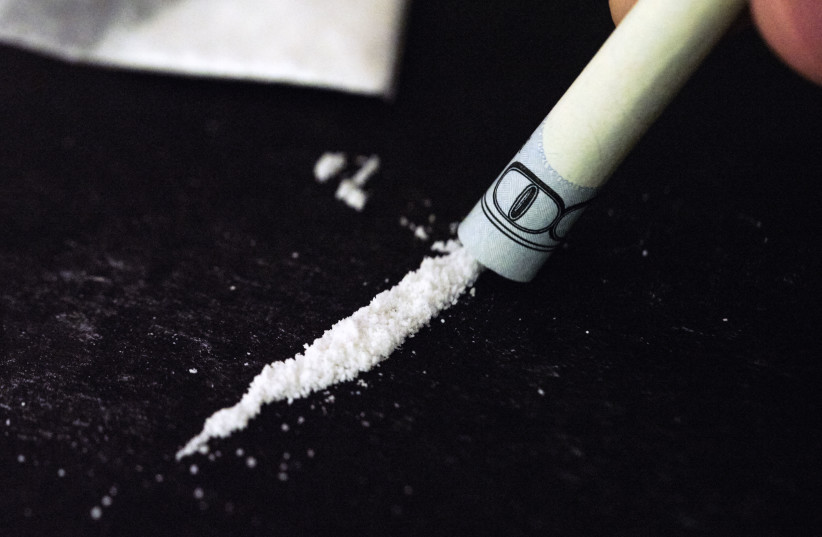Britain's BBC will face questions from the government on Sunday about its handling of an allegation that one of its star presenters paid a teenager thousands of pounds to pose for sexually explicit photos beginning when they were 17 years old.
A government statement said that Culture Secretary Lucy Frazer would hold urgent talks with the broadcaster's director general, Tim Davie, later on Sunday about the allegations, which the statement described as "deeply concerning".
The Sun newspaper, which first reported the allegations, cited the young person's mother as saying the unnamed male presenter had paid the teenager more than £35,000 (over 160,000 NIS) over three years for the images.
The mother told the newspaper that the teenager had used the cash to fund a crack cocaine habit.
The presenter was not removed immediately
The family complained to the broadcaster on May 19, but the presenter was not immediately taken off air, according to the Sun, which said the family had not requested payment for their story.
The BBC put out a statement that the presenter has been suspended and that they are in contact with the police.

The BBC, which is funded by a licence fee paid by every TV watching household, said in a statement: "We treat any allegations very seriously and we have processes in place to proactively deal with them."
The broadcaster said its processes included "actively attempting to speak to those who have contacted us in order to seek further detail and understanding of the situation".
"If we get no reply to our attempts or receive no further contact that can limit our ability to progress things but it does not mean our enquiries stop.
"If, at any point, new information comes to light or is provided – including via newspapers – this will be acted upon appropriately, in line with internal processes," it said.
